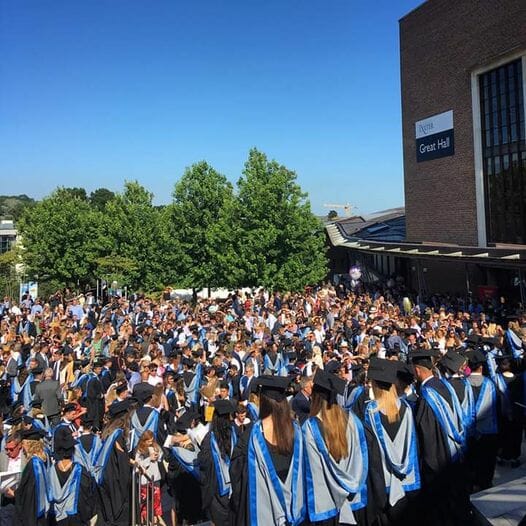“Paying More For Less”: Cost of attending university expected to increase by £5,000 this year

Kerry Marie Myers talks about the expected rise in the cost of attending university this year despite an apparent increase in funding given to the universities across the UK.
The cost of attending university is expected to rise by £5000 this year, undermining the increase in fundraising to £1.5bn celebrated by UK Fundraising.
This rise over the last decade has, unfortunately, not alleviated the financial burden upon students. They face a debt of almost £45,000 if they graduate in 2024, and the International Business Times (IBT) reported that, on an average, an additional £411 every month will be necessary for a student to afford necessities like rent and food this year, let alone course-specific supplies.
[Students] face a debt of almost £45,000 if they graduate in 2024, and….an additional £411 every month will be necessary for a student to afford necessities like rent and food this year, let alone course-specific supplies.
For many students this is enraging; they are paying more for less due to the four national unions currently pursuing industrial action, alongside branches of several others like the UCU. These rising costs threaten the efficiency of students’ education, exacerbated by the Cost of Living Crisis that prevents families from being able to provide the support they may want to. According to the IBT report, 75% of the 500 students interviewed said they had to use money from their savings to cover the costs while 62% said they would not have attended if had known it would be this expensive.
While the IBT point to the Cost of Living Crisis as the cause, it’s likely that this is merely a catalyst for the effects being experienced right now. The problem seems to be deeply rooted in the changes made to higher education funding over ten years ago.
These rising costs threaten the efficiency of students’ education, exacerbated by the Cost of Living Crisis that prevents families from being able to provide the support they may want to.
Direct public funding of universities has been steadily decreasing since 2010 and was significantly damaged by the decision in 2012 to remove all direct public funding of universities. This meant that the majority of public funding would come from funding councils. However, as their support has waned since 2011, universities have become increasingly reliant on student fees.
Adding to this, domestic student fees hasn’t increased in the last ten years and so the void created by the 2012 reforms hasn’t been resolved. The funding system remains deficient while staff and students alike are being expected to make up the difference from their own pocket.


